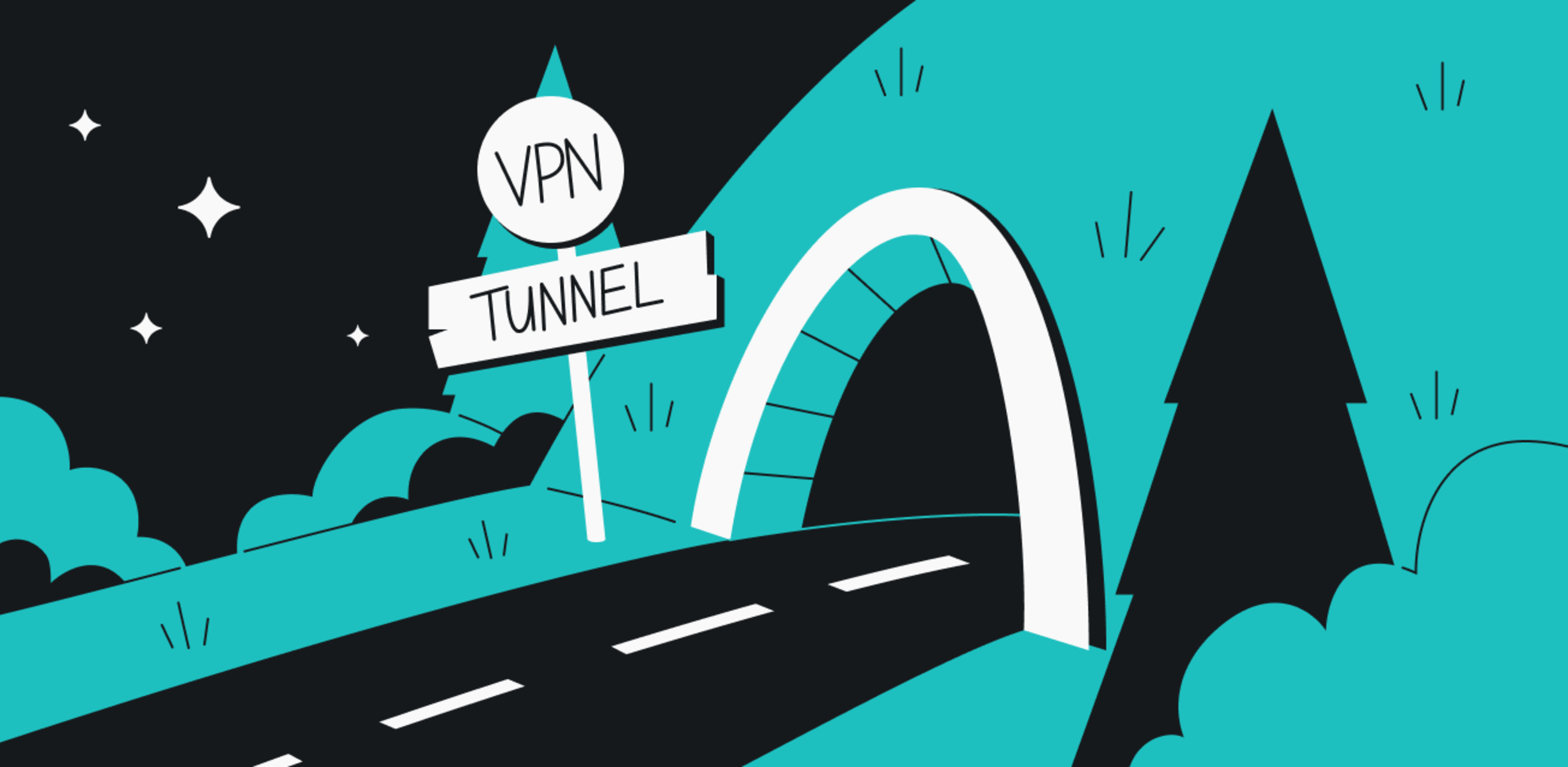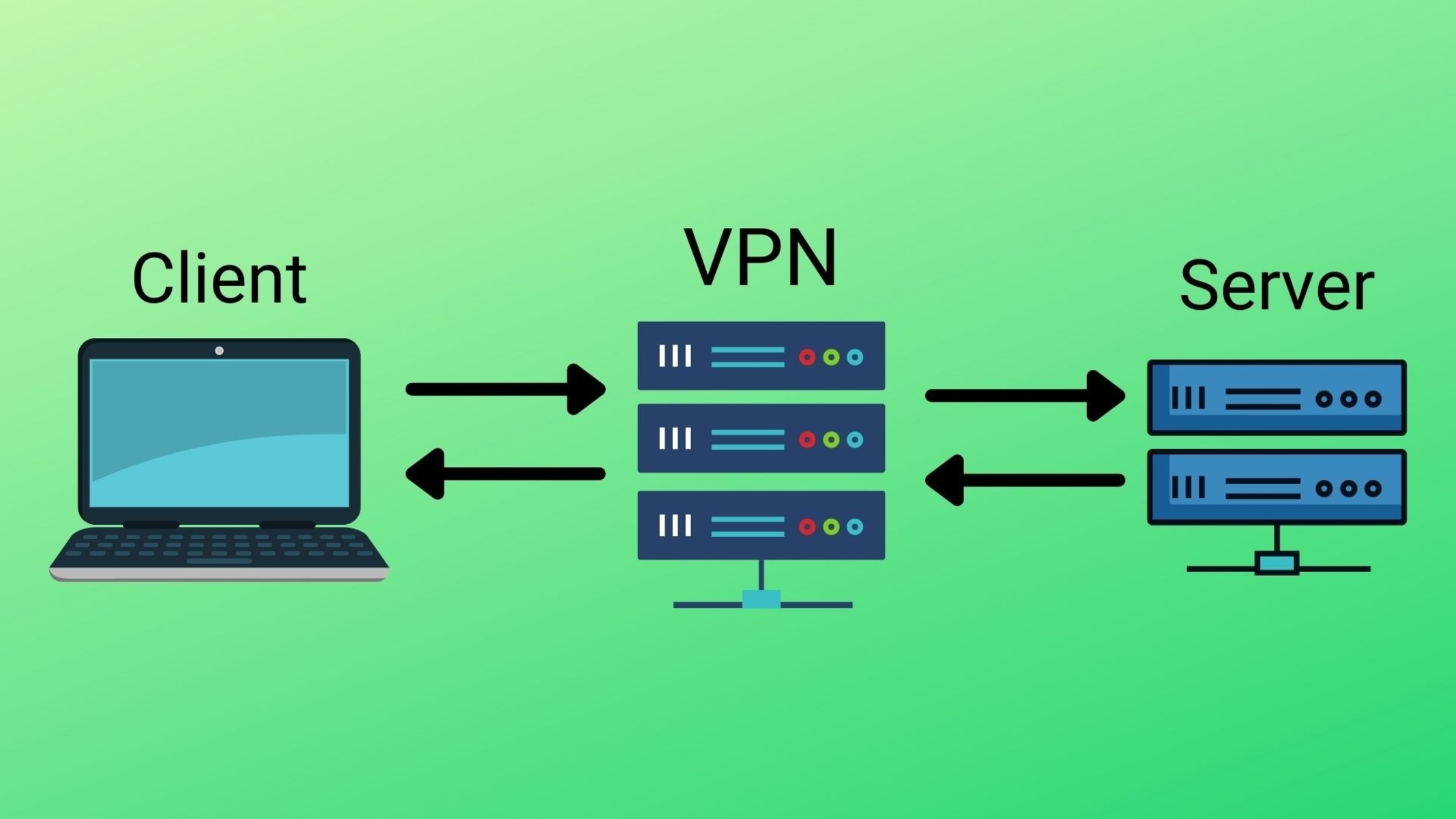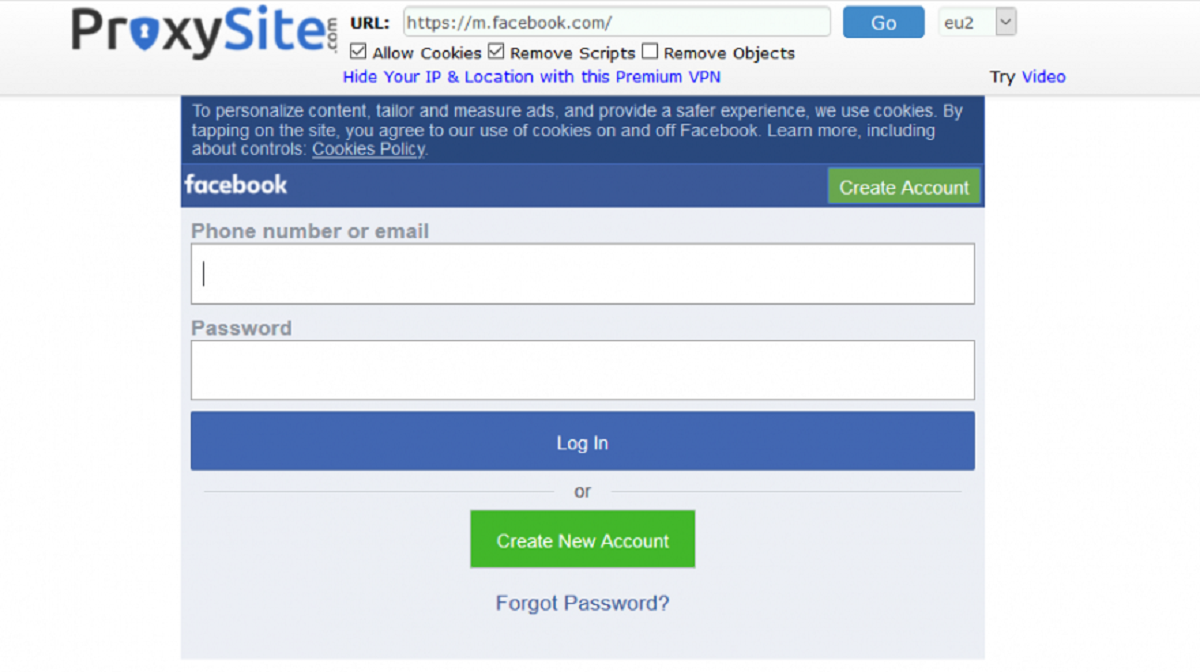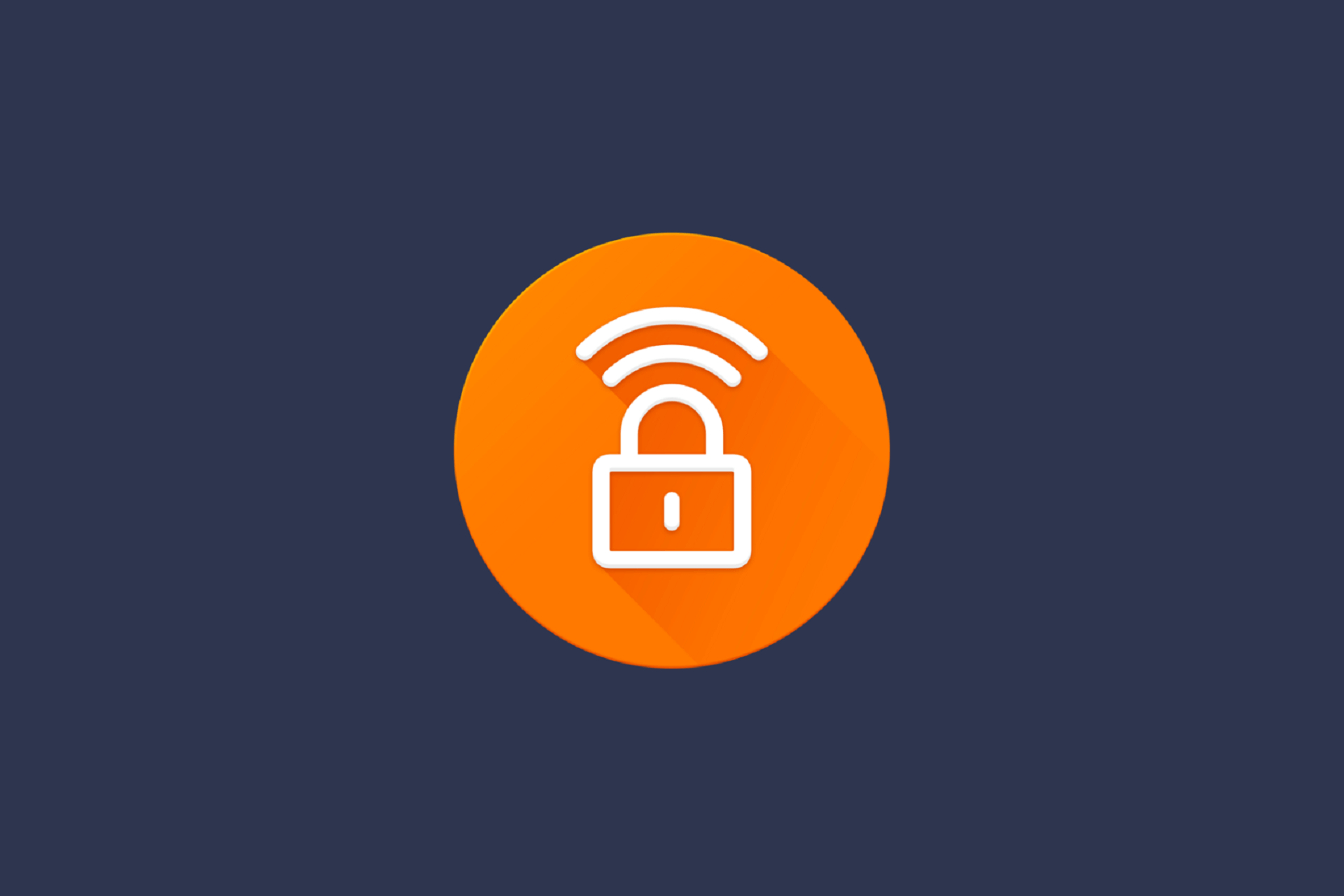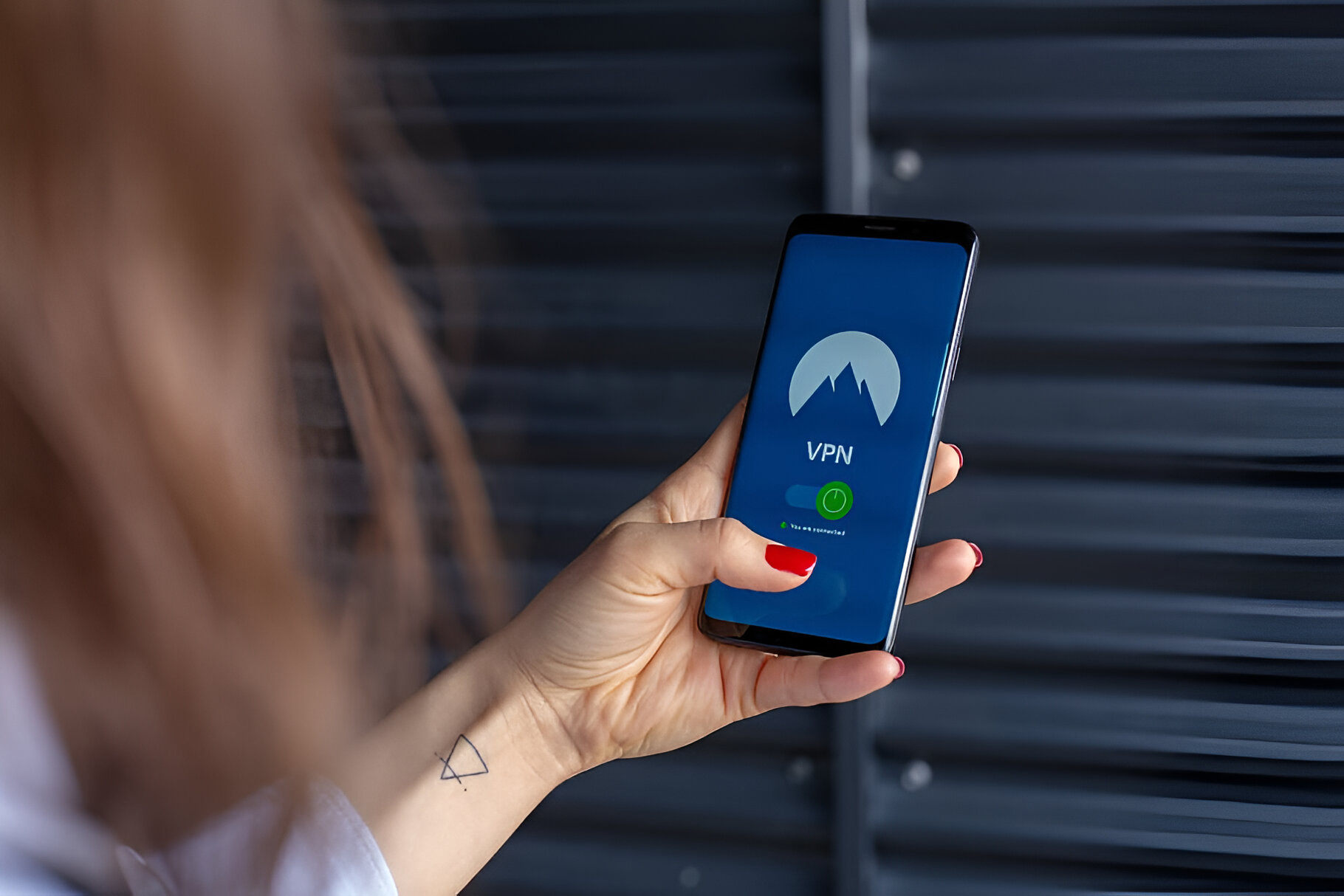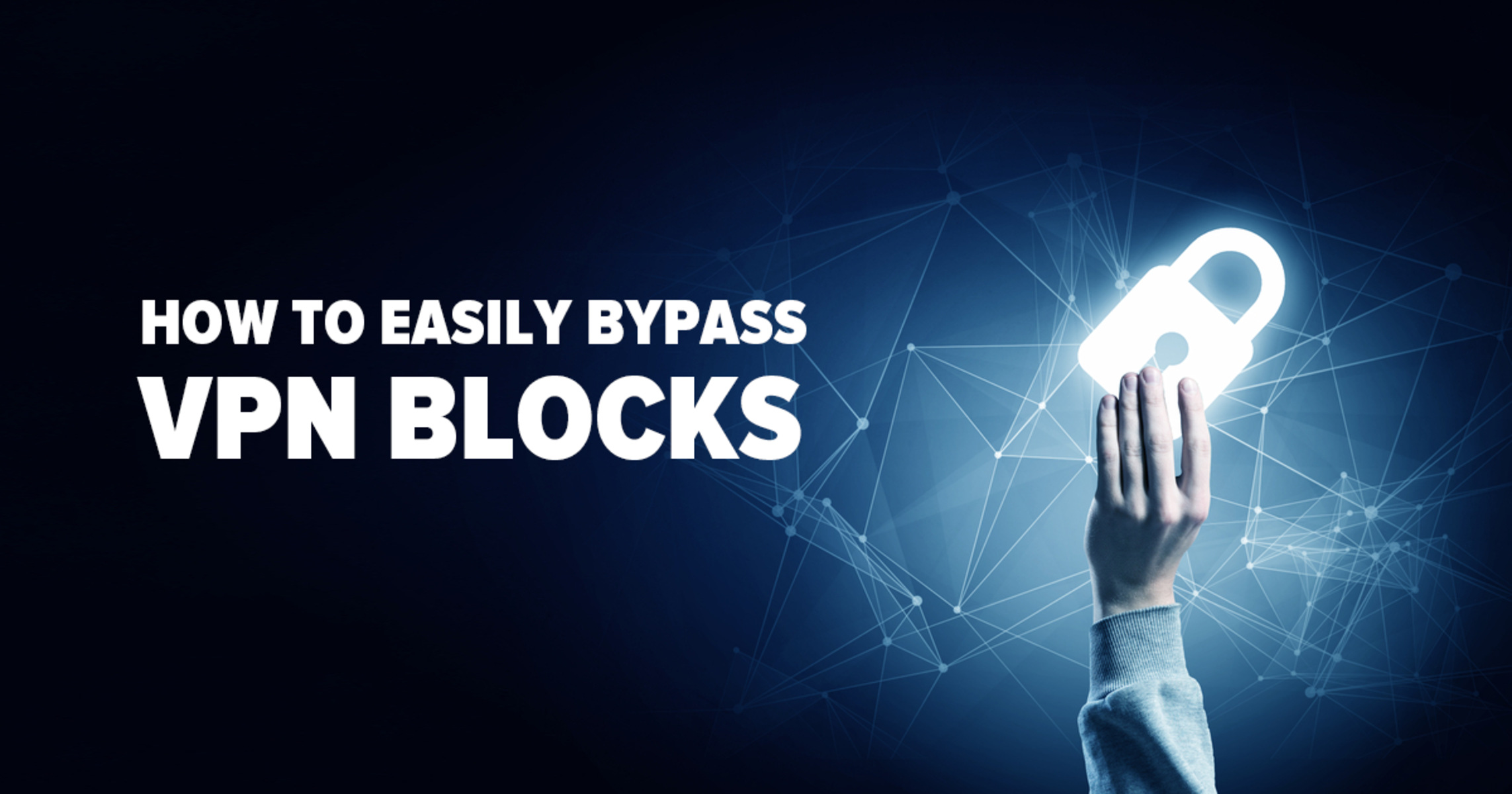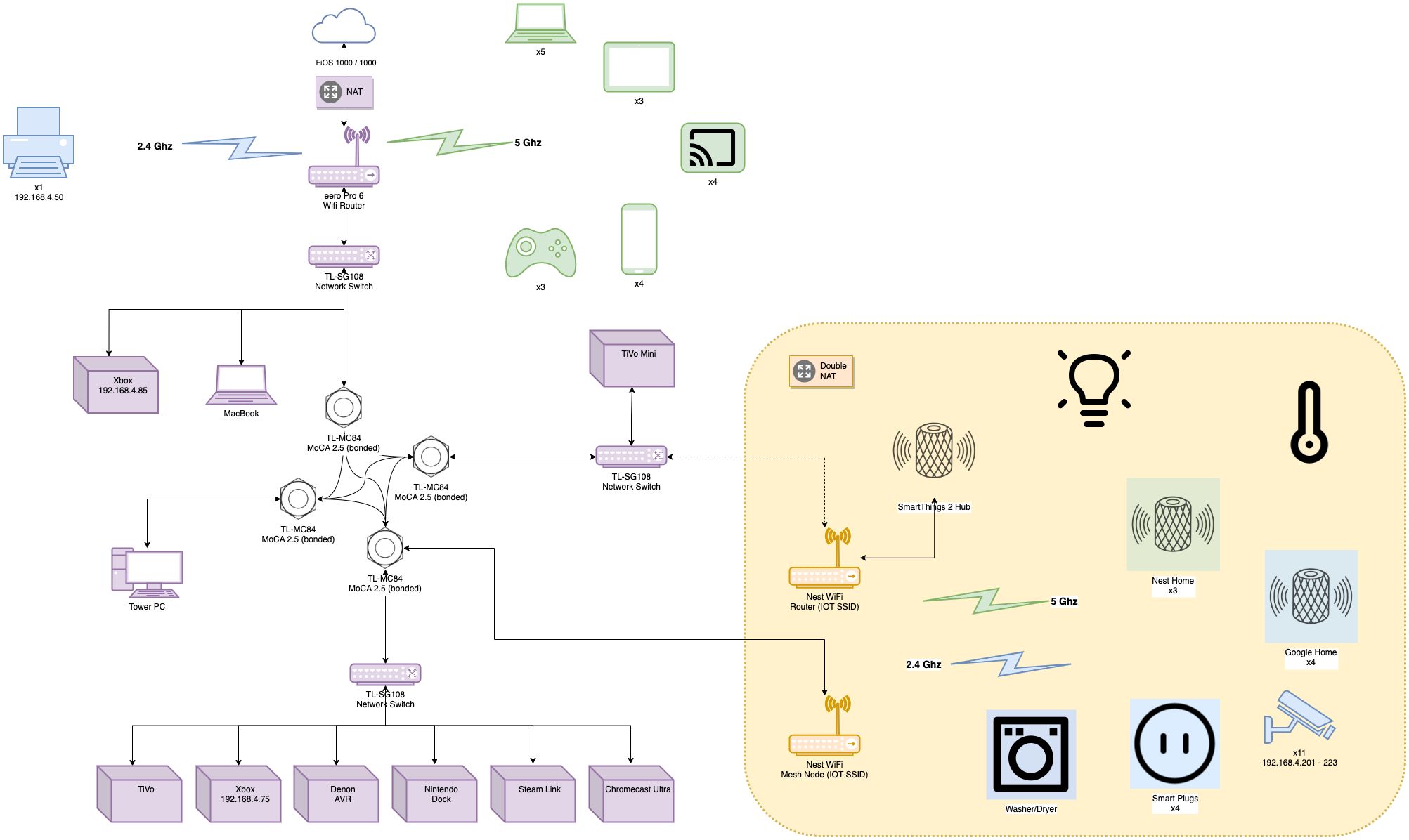Introduction
Welcome to the world of Virtual Private Networks (VPNs) and the fascinating concept of VPN tunnels. In today’s fast-paced and interconnected digital landscape, security and privacy have become paramount concerns for internet users worldwide. The increasing reliance on online platforms and the constant threat of cyberattacks have underscored the need for a reliable and secure means of online communication.
A VPN is a powerful tool that provides an extra layer of security while browsing the internet. It allows users to establish a secure connection to another network over the internet and encrypts their traffic, ensuring that their online activities remain private and protected from prying eyes. By utilizing encryption protocols and tunneling techniques, VPNs enable individuals and organizations to transmit and receive data securely.
But what exactly is a VPN tunnel, and how does it play a vital role in safeguarding our online activities? In this article, we will delve into the concept of VPN tunnels, explore their benefits, discuss different types of VPN tunnels, and guide you on how to set up your own VPN tunnel.
So buckle up and get ready to embark on a journey that will demystify the world of VPN tunnels and empower you to take control of your online security and privacy.
What Is VPN?
A VPN, or Virtual Private Network, is a technology that creates a secure and encrypted connection between a user’s device and the internet. It acts as a virtual tunnel, protecting sensitive data from being intercepted or accessed by unauthorized individuals.
When you connect to a VPN, your internet traffic is routed through a remote server operated by the VPN service provider. This server encrypts your data and assigns you a new IP address, making it appear as if you’re accessing the internet from a different location.
The primary goal of using a VPN is to enhance security and privacy. By encrypting your internet traffic, VPNs prevent hackers, government agencies, and even your internet service provider (ISP) from monitoring your online activities. This makes VPNs particularly beneficial when using public Wi-Fi networks, where the risk of unauthorized access to your data is higher.
In addition to enhancing security, VPNs offer several other advantages. They can bypass geographic restrictions by allowing you to access websites and services that may be blocked in your region. This is achieved by connecting to a server located in a different country, which allows you to browse the internet as if you were physically there.
VPNs also protect your anonymity by masking your real IP address. This makes it difficult for websites, advertisers, and other entities to track your online behavior or target you with personalized ads. By preserving your anonymity, VPNs give you greater control over your online presence.
It’s important to note that while VPNs provide an additional layer of security, they are not foolproof. It’s still essential to practice good online hygiene, such as using strong passwords, keeping your devices and software updated, and avoiding suspicious websites.
In the following sections, we’ll explore how VPNs work, the concept of VPN tunnels, the benefits they offer, different types of VPN tunnels, and how you can set up your own VPN tunnel.
How Does VPN Work?
To understand how a VPN works, let’s break it down into a few simple steps:
- Encryption: When you initiate a VPN connection, the VPN client on your device encrypts your data and wraps it in a secure tunnel. This encryption ensures that your online activities are protected from potential eavesdroppers and hackers.
- Routing: Once encrypted, your data is sent through your internet service provider (ISP) to the VPN server. The VPN server acts as an intermediary between your device and the internet, effectively hiding your real IP address.
- Tunneling: As your data passes through the VPN server, it is encapsulated in a VPN tunnel. This tunnel serves as a secure channel, safeguarding your data from interception or tampering. It also prevents websites and online services from determining your actual location.
- Decryption: Upon reaching its destination, the data exits the VPN tunnel and is decrypted. This process restores your data to its original form, allowing it to be accessed and used by the intended recipient.
It’s important to note that the specific encryption protocols and techniques used may vary depending on the VPN service provider. Common encryption protocols include OpenVPN, IPSec, and WireGuard, each offering different levels of security and performance.
By encrypting your data and routing it through a secure VPN tunnel, a VPN provides you with enhanced privacy and security. This is particularly crucial when using unsecured public Wi-Fi networks, where your data is vulnerable to interception by malicious actors.
In addition to encryption, VPNs also offer features such as kill switch and split tunneling. A kill switch automatically cuts off your internet connection if the VPN connection drops, ensuring that your data remains protected at all times. Split tunneling allows you to choose which internet traffic goes through the VPN tunnel and which traffic accesses the internet directly, providing you with flexibility and control.
Now that you have a better understanding of how a VPN works, let’s explore the concept of VPN tunnels and their role in securing your online activities in the next section.
What Is a VPN Tunnel?
A VPN tunnel is a secure and encrypted connection established between your device and a VPN server. It serves as a protective conduit that enables your data to travel safely across the internet, shielding it from potential threats and interception.
Think of a VPN tunnel as a virtual pipeline within the larger network infrastructure. When you establish a VPN connection, your data is encapsulated in a secure layer of encryption, which prevents anyone from intercepting or tampering with it. This encrypted data is then transmitted through the VPN tunnel to the destination server.
The VPN tunnel plays a crucial role in ensuring the privacy and security of your online activities. By encrypting your data and routing it through the tunnel, VPNs make it extremely difficult for hackers, ISPs, and other malicious entities to gain access to your sensitive information. It effectively creates a barrier that shields your data from unauthorized access, providing you with peace of mind when browsing the internet.
One of the key features of a VPN tunnel is its ability to mask your real IP address. As your data travels through the VPN tunnel, it is associated with the IP address of the VPN server instead of your own. This not only helps protect your privacy but also allows you to bypass geographic restrictions that may prevent you from accessing certain websites or services.
Furthermore, VPN tunnels establish a secure connection even when connecting to untrusted or unsecured networks, such as public Wi-Fi hotspots. This is accomplished through the encryption and tunneling protocols employed by VPN services, which ensure that your data remains protected, even in potentially hostile environments.
It’s important to note that VPN tunnels are bidirectional, meaning data can flow in both directions – from your device to the internet and from the internet back to your device. This allows you to access online content, browse websites, use applications, and communicate securely and privately.
In the next section, we’ll explore the benefits of VPN tunnels and how they can enhance your online experience.
Benefits of VPN Tunnels
VPN tunnels offer a wide range of benefits for users seeking to enhance their online security, privacy, and overall browsing experience. Let’s explore some of the key advantages:
- Enhanced Security: VPN tunnels encrypt your data, making it virtually impossible for anyone to intercept or decode. This ensures that sensitive information such as passwords, financial details, and personal communications remain secure, even when using public Wi-Fi networks or untrusted internet connections.
- Privacy Protection: By routing your internet traffic through a VPN tunnel, your IP address and online activities are masked. This shields your identity and protects your browsing history from being tracked by websites, advertisers, ISPs, and other third parties, offering you enhanced anonymity and privacy online.
- Bypassing Restrictions: VPN tunnels allow you to bypass geographical restrictions and access content that may be blocked or censored in your region. By connecting to a VPN server located in a different country, you can access streaming services, websites, and social media platforms that may otherwise be restricted or unavailable in your location.
- Secure Remote Access: VPN tunnels enable remote workers or individuals on the go to securely access their organization’s network resources or personal files from anywhere in the world. This provides a convenient and secure way to connect to company networks, access sensitive data, and collaborate with colleagues while maintaining data privacy and confidentiality.
- Preventing Bandwidth Throttling: Internet service providers (ISPs) often practice bandwidth throttling, which slows down your internet connection when streaming, gaming, or using certain applications. VPN tunnels help bypass this restriction by encrypting your data and preventing ISPs from monitoring your online activities, ensuring you can enjoy a faster and more consistent internet connection.
- Protection on Public Wi-Fi: Public Wi-Fi networks, such as those found in coffee shops, airports, and hotels, are notorious for their lack of security. VPN tunnels provide a crucial layer of protection by encrypting your data, making it significantly more difficult for cybercriminals to intercept your information or launch attacks on your device.
By leveraging the power of VPN tunnels, you can enjoy a safer and more secure online experience with added privacy, unrestricted access to global content, and improved peace of mind.
Now that we understand the benefits of VPN tunnels, let’s explore the different types of VPN tunnels in the next section.
Types of VPN Tunnels
There are several types of VPN tunnels that utilize different protocols and techniques to establish secure connections. Let’s explore some of the most common types:
- SSL/TLS Tunnels: Secure Socket Layer (SSL) and Transport Layer Security (TLS) tunnels are widely used for securing web-based applications and remote access VPNs. They leverage encryption certificates to authenticate the server and establish a secure, encrypted connection between the client and the server.
- IPSec Tunnels: Internet Protocol Security (IPSec) tunnels are commonly used in site-to-site VPN setups or for remote access VPNs. IPSec operates at the network layer of the OSI model and provides encryption, authentication, and integrity for IP packets. It ensures secure communication by encrypting the entire IP packet and encapsulating it within a new IP packet.
- Layer 2 Tunneling Protocol (L2TP): L2TP is often used in combination with IPSec to create a secure VPN tunnel. It provides the tunneling mechanism while IPSec handles the encryption and authentication. L2TP is especially useful for establishing site-to-site VPNs or VPN connections with devices that have built-in L2TP support.
- Point-to-Point Tunneling Protocol (PPTP): PPTP is one of the oldest and most widely supported VPN protocols. It is a lightweight protocol that offers fast connection speeds but with less robust security compared to other protocols. PPTP is commonly used for remote access VPNs and is supported by most operating systems and devices.
- WireGuard: WireGuard is a relatively new and promising VPN protocol known for its simplicity and efficiency. It aims to provide a secure and high-performance VPN solution while maintaining a small code base. WireGuard operates at the kernel level, offering improved speed and security, making it an attractive choice for many VPN providers and users.
Each type of VPN tunnel has its own advantages, compatibility, and security considerations. It’s important to choose the appropriate tunnel based on your specific needs and the level of security you require.
Now that we have explored different types of VPN tunnels, let’s move on to the next section to learn how to set up your own VPN tunnel.
How to Set Up a VPN Tunnel
Setting up a VPN tunnel may seem like a complex task, but with the right tools and guidance, it can be accomplished easily. Here are the general steps to follow:
- Choose a VPN Provider: Select a reputable VPN service provider that aligns with your specific needs. Consider factors such as server locations, encryption protocols, and user-friendly software or apps.
- Sign Up and Install: Sign up for a subscription with the VPN provider of your choice and follow their instructions to download and install the VPN software or app on your device. VPNs are compatible with a wide range of devices, including computers, smartphones, and routers.
- Launch the VPN App: Open the VPN app or software and log in using your credentials. Familiarize yourself with the interface and configuration options available.
- Select a Server: Choose a server location from the list provided by the VPN provider. The server you select will determine the IP address assigned to your device and the location from which you appear to be browsing.
- Customize Settings (Optional): Depending on your preferences and requirements, you may have the option to customize various VPN settings. These can include enabling features like a kill switch, split tunneling, or choosing specific encryption protocols.
- Establish the VPN Connection: Once you have selected a server and configured any desired settings, simply click the “Connect” or “Start” button to establish a VPN connection. The VPN software will create a secure tunnel between your device and the VPN server.
- Verify Connection: After the connection is established, you can verify that your data is being transmitted through the VPN tunnel by checking your IP address or using online tools that detect your location.
It is worth noting that the exact steps and user interface may vary slightly depending on the VPN provider you choose. However, most reputable VPN services offer user-friendly interfaces and provide clear instructions to assist you throughout the setup process.
Remember to enable the VPN connection whenever you want to browse the internet securely and privately. Some VPN apps also offer convenient options, such as automatically connecting to the VPN when you join untrusted Wi-Fi networks or when your device starts up.
Now that you have learned how to set up your own VPN tunnel, you are ready to enjoy the enhanced security, privacy, and freedom that VPNs provide.
Conclusion
In today’s digital landscape, where cyber threats and privacy concerns are more prevalent than ever, VPN tunnels offer a critical means of securing our online activities. By encrypting our data, routing it through secure tunnels, and providing us with fake IP addresses, VPNs protect our privacy, enhance our security, and enable us to bypass geographic restrictions.
Throughout this article, we have explored the concept of VPN tunnels, understanding how they work, the benefits they offer, the different types available, and how to set up our own VPN tunnel. We have learned that VPN tunnels create a shield between our devices and the internet, safeguarding our data from potential eavesdroppers and unauthorized access.
By encrypting our data, VPN tunnels ensure that personal information, financial details, and sensitive communications remain secure while browsing the web or connecting to untrusted networks. They also grant us the ability to bypass censorship and access restricted content, providing us with a more open and unrestricted online experience.
Setting up a VPN tunnel may seem daunting at first, but with the right VPN provider and their user-friendly applications, it can be a relatively straightforward process. Once it’s up and running, we can connect to VPN servers around the world, protect our privacy, and browse the internet with confidence.
It’s important to note that while VPN tunnels greatly enhance online security, they are just one piece of the puzzle. Practicing good digital hygiene, such as using strong passwords, keeping software up to date, and being mindful of potential phishing attempts, is crucial to maintaining a safe and secure online presence.
As you embark on your VPN journey, remember to choose a reputable VPN service provider, follow best practices for online security, and stay informed about the latest advancements in VPN technology. With a VPN tunnel at your side, you can confidently navigate the digital realm, protect your privacy, and enjoy a more secure online experience.







